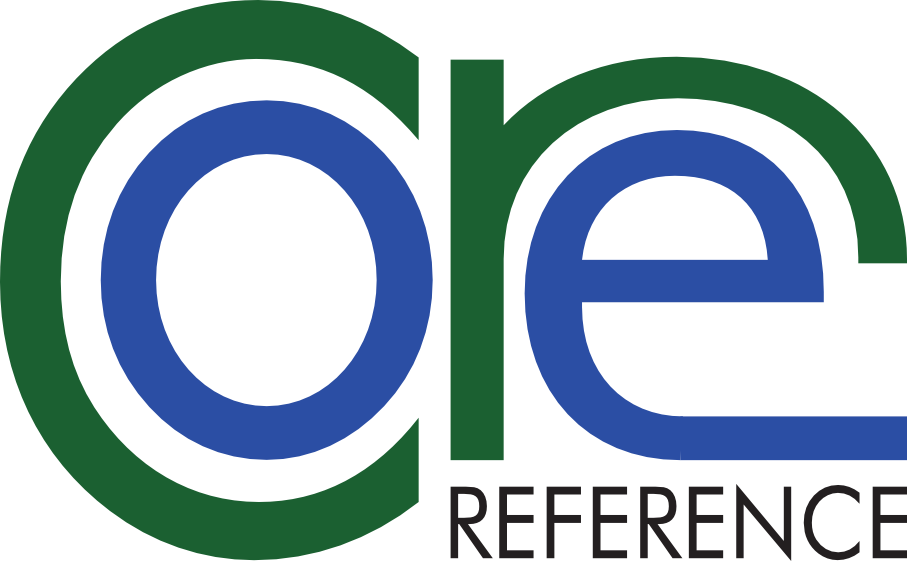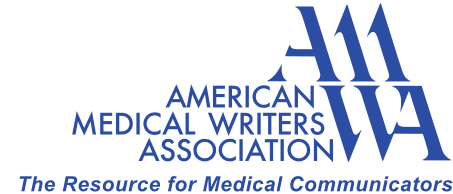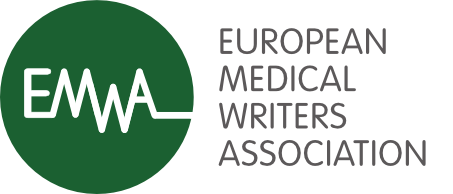March 2022
Medicines and Vaccines
EMA Guidance and News
1. The following information on EMA Policy 0070 has been recently posted on the DIA CTD Community page:
“We have received some information from the EMA in response to a question on when Policy 0070 might restart. Here is the response:
‘On 5 December 2018, the Agency suspended the publication of clinical data as a result of the implementation of the third phase of EMA's business continuity plan and it remains suspended due to ongoing business continuity linked to the COVID-19 pandemic. Currently, EMA is publishing clinical data only for COVID-19 medicines in line with its exceptional transparency measures for treatments and vaccines for COVID-19.
At this point in time the Agency cannot confirm any specific timelines in relation to the restart of clinical data publication activities for non COVID-19 related medicinal products but will ensure that any restart will be communicated to our stakeholders well in advance. Please continue to monitor information regarding the temporary suspension of Clinical Data Publication on the EMA corporate website.’”
2. EMA has launched two new support initiatives to help universities and hospitals to navigate the new CTIS trial registry. There will be ‘walk-in clinics’ bi-monthly and functionality talks each month.
3. On 25 March 2022, EMA published the ICH guideline E14/S7B (Step 5) ‘Clinical and Nonclinical Evaluation of QT/QTc Interval Prolongation and Proarrhythmic Potential – questions and answers’.
EU CTR/CTIS News
Bookmark this page: ‘Development of the Clinical Trials Information System | European Medicines Agency (europa.eu)’ to access CTIS newsflashes as they happen. The 11 Mar 2022 CTIS Newsflash shows that 11 applications have been submitted in CTIS to date.
Transparency and Disclosure Resources and News
The public list of companies in the UK who have had their licence/registration to manufacture or wholesale medicines/ingredients revoked or suspended was updated on 24 March 2022.
FDA Guidance and News
These three final guidances nicely illustrate FDA’s desire for sleeker, modern drug development pathways and for improved real-world applicability for trial results:
1. Final FDA Guidance March 2022: Inclusion of Older Adults in Cancer Clinical Trials. This Guidance is another sign that the regulators continue to recognise the generalisability of trial results speaks to informed decisions in clinical practice.
2. Final FDA Guidance March 2022: ‘Master Protocols: Efficient Clinical Trial Design Strategies to Expedite Development of Oncology Drugs and Biologics Guidance for Industry’. Another push towards master protocols – in particular note that RP2Ds in Phase 2 should have been established in a master protocol.
3. Final FDA Guidance March 2022: ‘Expansion Cohorts: Use in First-In-Human Clinical Trials to Expedite Development of Oncology Drugs and Biologics Guidance for Industry’. This guidance is pressing for accelerated oncology drug development pathways.
Health Canada
Notice: Health Canada is reducing the retention period for clinical trial records for drugs and natural health products from 25 years to 15 years under the Food and Drug Regulations and Natural Health Products Regulations. This change takes effect on February 11, 2022. HC will be updating the policies, guidance documents and other documents accordingly.
MHRA News
1. ‘Proposals for legislative changes for clinical trials - GOV.UK (www.gov.uk)’ of 17 Jan 2022 set out the UK legislative proposals for clinical trials; the consultation period closed on 14 March 2022. Of interest, in Section 3.10 are some proposed changes to definitions. Examples include replacing the term ‘subject’ with ‘participant’; updating the definitions of ‘clinical study’ and ‘clinical trial’ and adding ‘low intervention clinical trial’, per the EU CTR. The term ‘substantial amendment’, however, will be retained in contrast to the new EU CTR change of the term to ‘substantial modification’. Read the full proposals for further details. It will be interesting to see how the UK’s proposals are eventually finalised.
2. This TranspariMED article of 16 Mar 2022 shows how ‘UK regulators cooperate to boost clinical trial reporting’. The MHRA sends reminders to Sponsors to disclose data from legacy trials; MHRA’s GCP Inspectorate is notified when Sponsors fail to upload results; MHRA are considering making reporting of trial results within 12 months of trial completion compulsory under UK law - as we see in the ‘Proposals for legislative changes for clinical trials - GOV.UK (www.gov.uk)’ of 17 Jan 2022 (above), and are also considering introducing sanctions for non-reporting. These are just some ways in which the UK is pushing towards trial transparency. Read the article in full.
3. On 25 March 2022, updates to the Guidance ‘Medicines: get scientific advice from MHRA’ were released.
Real World Evidence
In December 2021, I shared Arlett et al’s paper in Clinical Pharmacology & Therapeutics titled ‘Real-World Evidence in EU Medicines Regulation: Enabling Use and Establishing Value’ which described EMA’s vision to support development and use of better medicines through utilizing the value of RWE. Flynn et al’s paper ‘Marketing Authorization Applications Made to the European Medicines Agency in 2018–2019: What was the Contribution of Real-World Evidence?’ in the same journal reviews when and how RWE has already been used to support MAAs.
Medical Devices
Medical devices information is kindly compiled by Raquel Billiones.
The International Medical Device Regulators Forum (IMDRF) recently released the 2022 update to IMDRF Technical document on Terminologies for Categorized Adverse Event Reporting (AER) for Medical Devices: terms, terminology and codes. The new version includes updates to Annexes A to G which cover AE codes for medical device problems, investigations, medical components, and health effects.
The MDCG 2019-9 guidance on summary of safety and clinical performance (SSCP): A guide for manufacturers and notified bodies has been updated. SSCP is a medical device document required under the MDR to be publicly available in EUDAMED. Revisions include some clarification on the how SSCP is associated with the Basic UDI-DI in EUDAMED, and updates to the general requirements and template to include manufacturer reference number.
The European Standardization Committees CEN and CENELEC are exploring how to incorporaten open source approaches into standardizatioin order to keep standards relevant and user-friendly in the digital era. This approach can have an impact on medical devices, especially those that are software-driven. Having an ‘open source’ design could remove the need for users to build a piece of software to conform to a standard, saving time and money for organizations, regardless of size.


